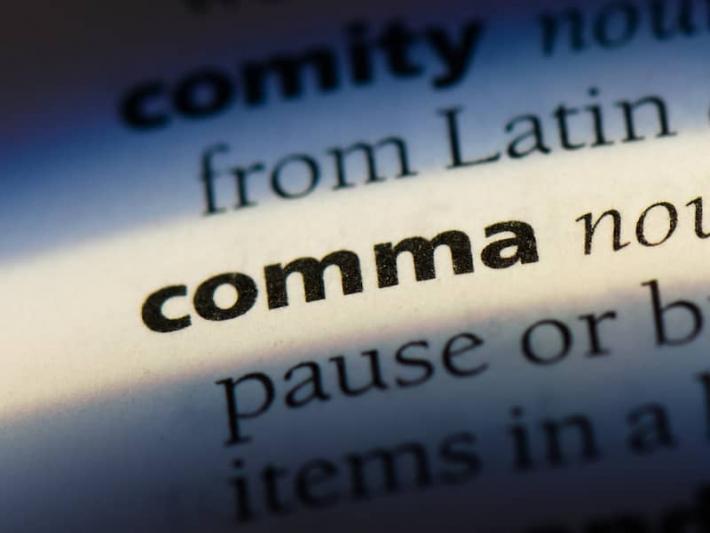Do You Need a Comma After ‘But’?
It’s a common error. Why do people do it?
Edwin L. Battistella, Writing for

Don’t put a comma after the word “but” at the beginning of a sentence.
If you type “comma” and “but” into Google, the search engine will give you some autosuggestions including “comma after ‘but’ at beginning of sentence” and “is there a comma before or after ‘but.’”
According to editors and grammarians, there is no comma after the word ‘but’ at the beginning of a sentence. But it is something I see a lot in sentences like “But, there were too many of them to count” or “But, we were afraid the situation would get worse.”
When I see these commas in the work of writers, I invariably cross them out. If I find just one, I’ll squiggle it out and put a question mark (or sometimes a frowny face) in the margin, hoping it is a typo. If I see another instance of ‘but’ followed by a comma, I’ll strike it out again and write “no comma after ‘but.’” If I see lots of instances of the initial ‘but’ with a comma, I’ll suggest that the writer see me. They rarely do.
It’s a small problem in the grand scheme of things, but I can’t help but wonder why writers adopt this punctuation. There is really only one comma rule that mentions conjunctions:
a comma goes before a coordinating conjunction that separates two independent clauses
So why would a writer put a comma after sentence-initial ‘but’?
I’ve got a few hypotheses.
One possibility is that it is an error of analogy. Writers see examples of the adverb “however” followed by a comma at the beginning of a sentence and make a false analogy: “however” means the same thing as ‘but’; a comma is needed after ‘however’; therefore a comma is needed after “but.” However, adverbs and conjunctions are different grammatical categories, so the analogy doesn’t yield the right punctuation.
Another possibility is that a writer is punctuating by ear, relying on the old idea that you put a comma where you take a breath. Since “but” signals a disjunction, a writer might imagine a pause and insert a comma on that basis. But punctuation is not determined solely by pauses heard in our mental ear. It is (mostly) keyed to grammatical and rhetorical categories like coordinating conjunction, independent or introductory clause, essential and inessential phrases, coordinate adjectives, and so on. If pausing is the basis for the comma after “but,” we are dealing with a false underlying assumption leading to an error.
A third possibility is that writers notice instances of paired, parenthetical commas the first of which happens to occur after “but.” They might generalize from that observation to the idea that a comma is always needed. It is easy to find examples of this pattern like “But, as my music teacher always reminded me, you must practice every day,” “But, as any driver will tell you, the commute seems endless,” or “But, always remember, you must never put your finger in a light socket.” If someone is focused too locally on the comma after “but” and ignores the fact that it is part of a pair of commas, they might make a false generalization.
I think it is important to puzzle about problems like this. Grammar is more than just correcting errors. If we can understand why writers make the wrong analogy or internalize the wrong underlying assumption or adopt the wrong generalization, then perhaps we can get punctuation to make more sense to future generations of writers.
You don’t need a comma after the word ‘but’ at the beginning of a sentence.
I’m still not sure how to get to the bottom of this. Someday, I may create a little questionnaire that I will attach as a comment to papers to see what more I can learn. Something like this:
Why did you use a comma here?
(a) To indicate a breath or pause.
(b) Because commas are used with words like However, Well, Yes, or No at the beginning of a sentence.
(c) Because a comma always follows but.
(d) Some other reason _______________________________.
Someday I will figure out this puzzling comma.
Image courtesy of Shutterstock.
